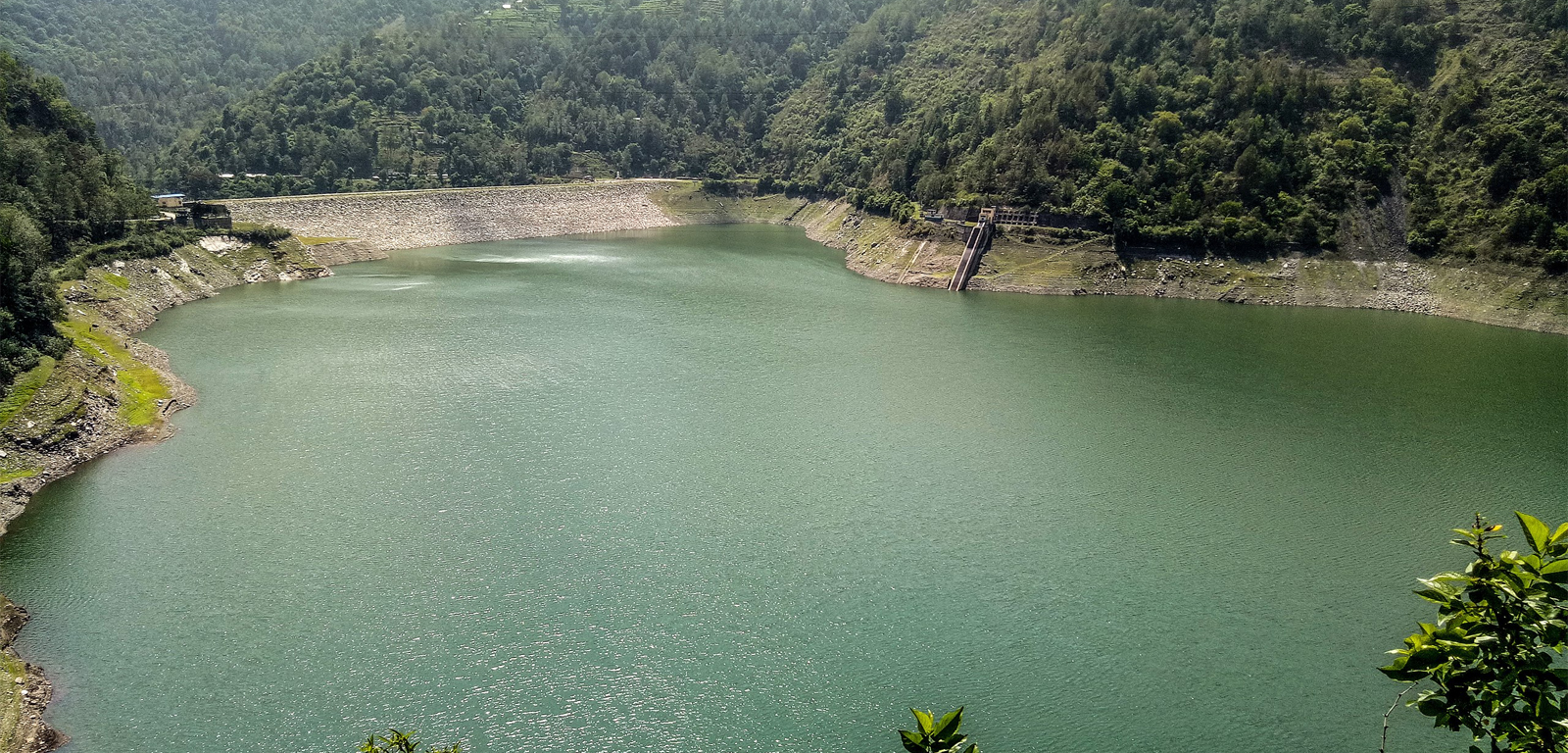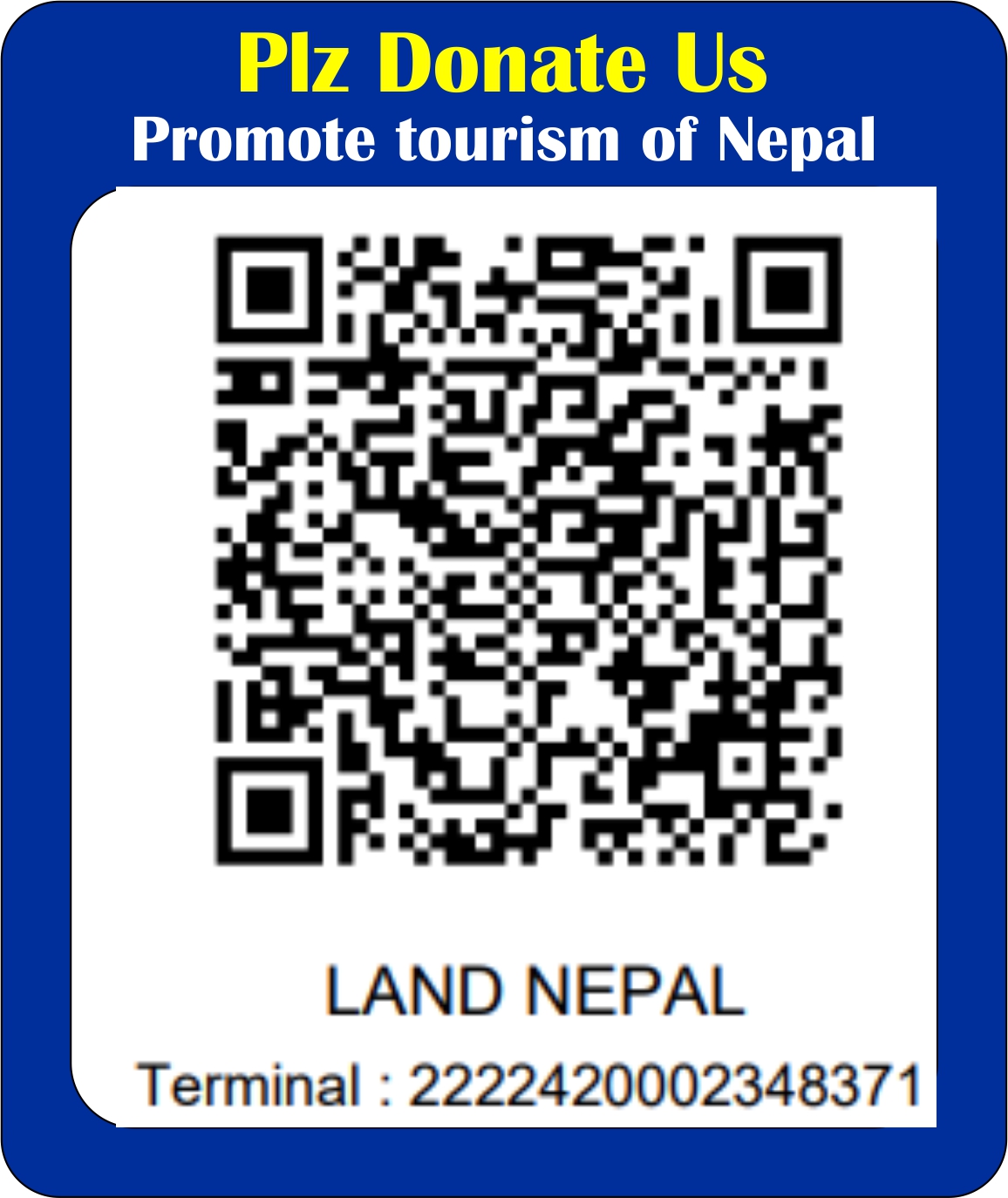Kulekhani is a village development committee in the Narayani Zone of southern Nepal’s Makwanpur District. It is the site of the Kulekhani Dam. The hydroelectric generating plant is the first thing that comes to mind when somebody mentions Kulekhani. This location provides a wonderful perspective of the countryside. It also has one of Nepal’s largest man-made dams, the Kulekhani hydropower project. This location is well-known for climbing, trekking, fishing, and boating. The tranquil pond gives the impression that you are floating on a big diamond lake. The surroundings will undoubtedly entice you to visit that location.
Kulekhani Dam
Kulekhani Dam, also known as Indra Sarobar, was built in 1977. holds 85,300,000 m3 (69,200 acreft) of water. The dam was created with the intention of generating energy, but it has also provided stunning scenery and a unique setting that has drawn many visitors from throughout the country throughout the year. The panoramic view of the dam side is breathtaking, and the first glimpse of Kulekhani Lake takes our hearts. For Kathmandu and Hetauda people, Kulekhani Lake/Dam is an alternate or a second fewa taal.
Kulekhani I Hydropower Station is in Dhorsing, Makwanpur, and is connected to a gate house that regulates the stream of water to the electric station through a 5.8 km headrace tunnel. Water flows from the gate house down a 1,340m long penstock to the subterranean power plant, which houses two 30 MW Pelton turbine-generators. The angle of inclination between the reservoir and the power station provides a net hydraulic head of 550 m. Kulekhani-II Hydropower Station is a cascade of Kulekhani-I, located near Nibuwatar, Makwanpur, with generation capacity of 32 MW and a yearly design production of 104.6 GWh. It was completed in 1986 with funding from OECF Japan and the Government of Nepal at around Rs 124 million.
History of Kulekhani
According to legend, King Prithvi Narayan Shah caught the first view of Kathmandu Valley from the Chitlang hill while being chased out from Makwanpur owing to matrimonial problems. He was running to Gorkha, but on the route he came across a magnificent valley with fertile soils. He fell in love with the valley right away and vowed to capture it and make it the center of his Empire someday. He was able to keep his promise.
Tourist Attraction
· Markhu
Markhu is a Village Development Committee, which is around a 30-minute drive from Kulekhani Dam. Markhu is a picturesque and historic hamlet located on the northwestern shore of Indrasowar Lake in the Makwanpur District of Narayani Zone. The community is culturally rich and ethnically varied. Tamang (majority), Newars, Magar, Brahmin, and other significant castes live here. When visiting Markhu Village, the dish you must taste is fish. People lawfully operate a fishery at Indra Sarobar Lake. The fish growing in the chilly freshwater lake are delicious. You’ll love it and won’t forget the flavor any time soon.
It is culturally rich, with breathtaking vistas of hills, lakes, agricultural regions, and traditional buildings. Boating is a popular tourist activity in the hamlet because it is located on the shores of Indra Sarobar Lake. You may tour the lake in a boat with a guide for around NPR 300 per person for an hour. People have also brought a motorboat these days, so you may have a contemporary boat trip there, which is a new thing in Nepal.
· Bheda Farm
It is the country’s first sheep and goat breeding farm. These animals are used to create meat, cheese, and wool on this industrial farm. Aside from that, the farm features lovely sceneries (grass and hills) and has become a popular location for music videos and movie shootings.
Getting There
There are several methods to go to Kulekhani from Kathmandu, but two are the most common. The first is by driving along the Dakshinkali-Hetauda route, while the second is by trekking around 19-20 kilometers from Naubise. A car may also be transported from Naubise to Kulekhani, but because the Dakshinkali-Hetauda highway is significantly faster than the Naubise-Hetauda road, it is rarely used. However, this is the most well-known and popular hiking path.




